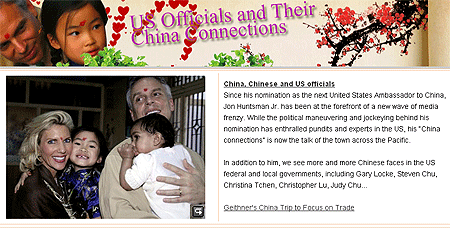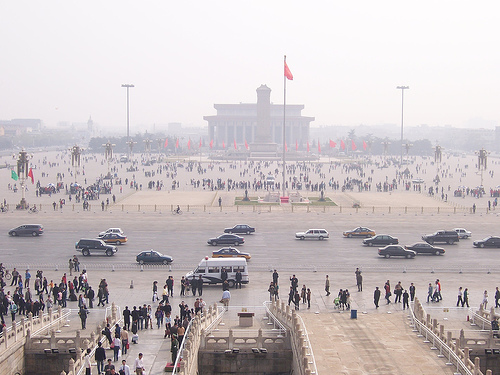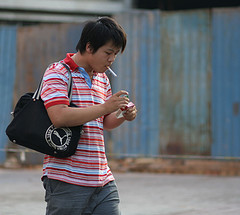As China gears up to cash in its credibility tokens, accumulated as a result of its unexpectedly efficient handling of the global financial crisis, it’s more eager than ever to educate the world about itself on its own terms. Through its vast and disciplined state-controlled media machine China is engaging in a massive public relations exercise, presumably to make existing businesses around the world run more smoothly, and to prepare for world domination. Well, not quite.
Like any rising star, China is looking to expand its network of media outlets and to contextualize these so that audiences outside its cultural and linguistic sphere get their daily dose of Chinese news in their local language. It has reportedly budgeted nearly $7 billion for global media expansion and upgrades.
The most recent addition to the Xinhua-People’s Daily-CCTV family is CCTV Arabic, a channel purported to reach nearly 300 million Arab speakers via satellite in the Middle East and Southeast Asia. Undoubtedly it considers this to be a major addition to its current portfolio which, in addition to its monopoly over Chinese media, includes CCTV in English, Spanish and French (plans are in place for Russian and Portuguese channels too).




